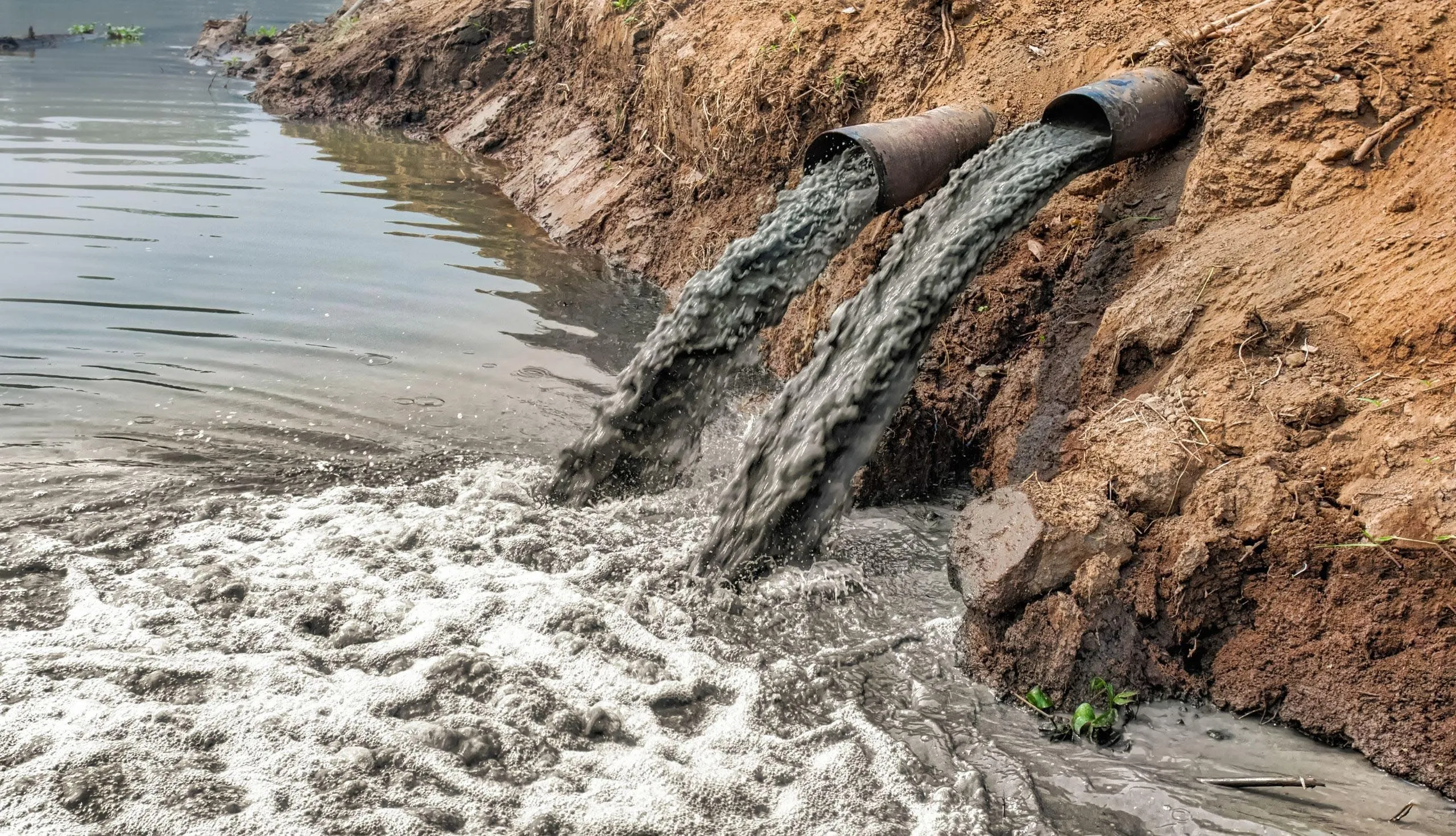The Pros and Cons of Agriculture on the Environment and the Future of Agriculture
- candace846
- Mar 26, 2025
- 4 min read
Updated: Dec 15, 2025
Agriculture is a vital part of human society, providing food, clothing, and resources. However, its impact on the environment is a topic of ongoing debate. While farming can offer benefits like feeding the world, it also poses several challenges, especially in relation to environmental sustainability. In this post, we’ll explore both the positive and negative environmental effects of agriculture and look ahead to the future of farming.

The Pros of Agriculture to the Environment
1. Carbon Sequestration Agriculture
Carbon Sequestration Agriculture, when practiced sustainably, can play a key role in carbon sequestration, a process that helps remove carbon dioxide from the atmosphere. Practices like agroforestry (integrating trees into farming systems) and cover cropping (planting crops to cover the soil between main crops) can trap carbon in the soil, reducing the amount of greenhouse gases in the air.
2. Biodiversity Conservation
While industrial farming can deplete biodiversity, sustainable agricultural practices can actually promote it. Mixed farming systems, where different crops and animals are raised together, can create diverse ecosystems that support various species. Additionally, organic farming methods that avoid harmful pesticides and promote natural pest control can help protect local wildlife.
3. Soil Health
Healthy soil is fundamental to productive agriculture. Regenerative farming practices such as crop rotation, composting, and reduced tillage improve soil structure, reduce erosion, and replenish vital nutrients. This leads to healthier, more fertile soil that can support diverse plant life and reduce the need for chemical fertilizers.
4. Water Management
Farmers can use a variety of techniques to improve water conservation and reduce water waste. Practices such as controlled irrigation, rainwater harvesting, and restoring wetlands help ensure that water is used efficiently, minimizing runoff and conserving water resources. These strategies can also improve water quality by preventing contaminants from entering local water sources.
The Cons of Agriculture to the Environment
1. Deforestation Agriculture
Deforestation Agriculture is one of the leading causes of deforestation, particularly in tropical regions. Large-scale farming operations often clear forests to make room for crops or livestock, which has severe consequences for the environment. As Jennifer Mau, a senior in my veterinary science class, aptly put it, “It increases carbon dioxide in the atmosphere, it also causes soil erosion, disrupts water cycles, destroys wildlife habitats, reduces biodiversity, and can lead to increased risk of droughts and flooding in affected areas.” Deforestation not only accelerates climate change by releasing carbon stored in trees but also disrupts ecosystems and threatens countless species.
2. Soil Degradation
Intensive farming practices, such as monoculture (growing the same crop year after year) and excessive pesticide use, can deplete the soil. Over time, this leads to soil erosion, nutrient loss, and contamination of the land with harmful chemicals. Without proper soil management, crop yields decrease, and the land becomes less productive.
3. Water Pollution
The runoff from farms can carry pesticides, fertilizers, and herbicides into nearby water sources, resulting in pollution. This not only harms aquatic ecosystems but can also affect drinking water. Excessive nitrogen from fertilizers can lead to nutrient pollution, causing algal blooms that deplete oxygen levels in the water, harming fish and other marine life.
4. Greenhouse Gas Emissions
Certain agricultural practices, especially livestock farming, contribute significantly to greenhouse gas emissions. Cattle, for example, produce methane, a potent greenhouse gas, during digestion. Additionally, the overuse of synthetic fertilizers releases nitrous oxide, another harmful gas that contributes to global warming.
The Future of Agriculture: Finding Solutions
While the environmental challenges posed by agriculture are significant, the future offers promising solutions that can help balance the need for food production with environmental sustainability.
1. Sustainable Agriculture
The future of farming lies in adopting more sustainable practices. These include agroecology, which focuses on integrating ecological principles into farming systems, and regenerative agriculture, which seeks to restore the health and biodiversity of the soil. By adopting these methods, farmers can reduce their environmental impact while maintaining productivity.
2. Technology and Innovation
The agricultural industry is embracing technology to enhance sustainability. Precision farming, for example, uses GPS and sensors to optimize the use of water, fertilizer, and pesticides, reducing waste and environmental impact. Vertical farming and hydroponics allow crops to be grown indoors, using less land and water, and reducing the carbon footprint of food production.
3. Alternative Proteins
As concerns about the environmental impact of livestock farming grow, alternative protein sources are gaining popularity. Plant-based meats and lab-grown meats offer environmentally friendly options that produce fewer emissions, require less land, and reduce the strain on ecosystems.
4. Policy and Education Policy
Changes are critical for promoting sustainable agricultural practices. Governments can implement regulations that incentivize sustainable farming and discourage practices that harm the environment. Education is equally important, as it helps farmers adopt new methods and encourages consumers to make environmentally conscious food choices.

Conclusion:
Agriculture will continue to be a central part of our lives, but its future depends on finding a balance between feeding the world and protecting the environment. By adopting sustainable practices, embracing technology, and fostering a global commitment to conservation, we can work towards a future where agriculture thrives alongside a healthy planet. As we move forward, it’s important for individuals, businesses, and governments to work together to ensure that agriculture is part of the solution, not the problem.



